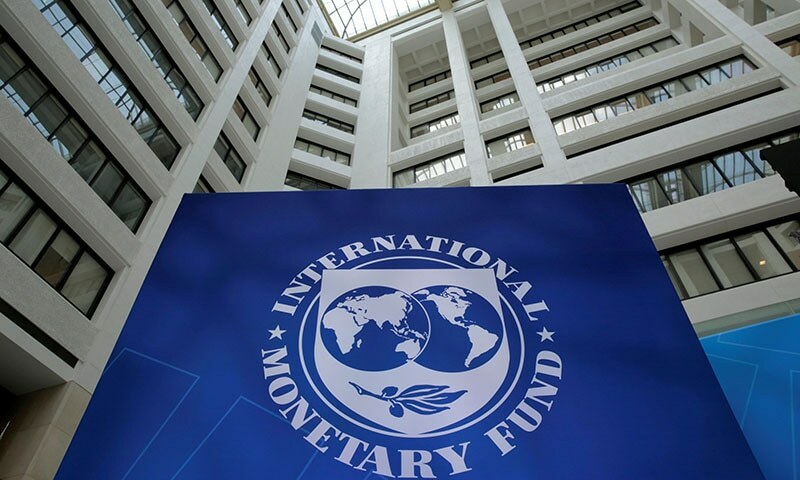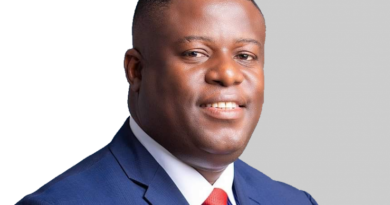African Caucus and IMF Reaffirm Commitment to Strengthening Economic Resilience
In a joint statement issued after the African Caucus meeting on Tuesday, Nigeria’s Finance Minister and Chair of the African Caucus, Wale Edun, alongside IMF Managing Director Kristalina Georgieva, reaffirmed their commitment to bolstering Africa’s economic resilience.
The statement addressed Africa’s pressing challenges, including geopolitical fragmentation, high borrowing costs, and rising inflation. These issues, they stressed, not only impact human lives but also hinder economic growth and stability across the continent.
Despite these hurdles, the leaders noted progress in stabilizing public debt, reducing inflation, and advancing essential reforms. They emphasized that exchange rates should be allowed to function as shock absorbers, while fiscal policies must focus on managing debt vulnerabilities and rising expenditures, particularly in countries facing elevated inflation.
“Our commitment to strengthening Africa’s economic resilience remains unwavering,” said Edun and Georgieva. “Our focus is on securing recovery, addressing imbalances, and creating room for development-focused investments.”
The duo also called for global support to scale up affordable financing for development, especially in climate change adaptation and mitigation. They highlighted the importance of concessional financing and the need for partners to come together to address this urgent need.
The review of the Poverty Reduction and Growth Trust (PRGT), which will come into effect on November 1, will allow the IMF to support low-income countries while restoring the Trust’s self-sustainability. The surcharge policy revision will further lower borrowing costs for many African nations.
Looking ahead, the statement welcomed the forthcoming 25th Executive Board Chair for sub-Saharan Africa and the IMF’s General Review of Quotas, which will increase member quotas by 50%, enhancing the region’s representation within the Fund.
The African Caucus and IMF expressed optimism about Africa’s future, provided global partnerships continue to offer the necessary financial support to help the continent navigate these turbulent times.
Source: Namibia Economist



